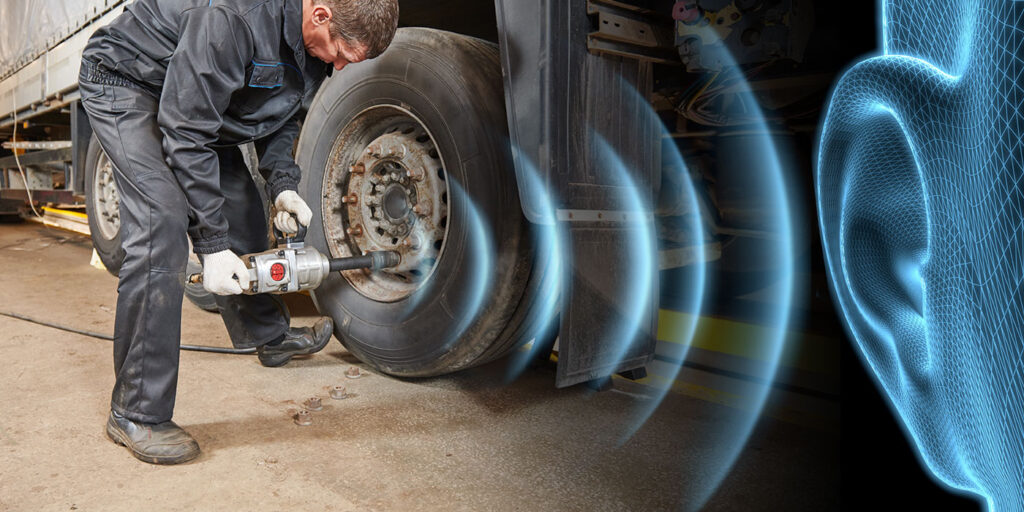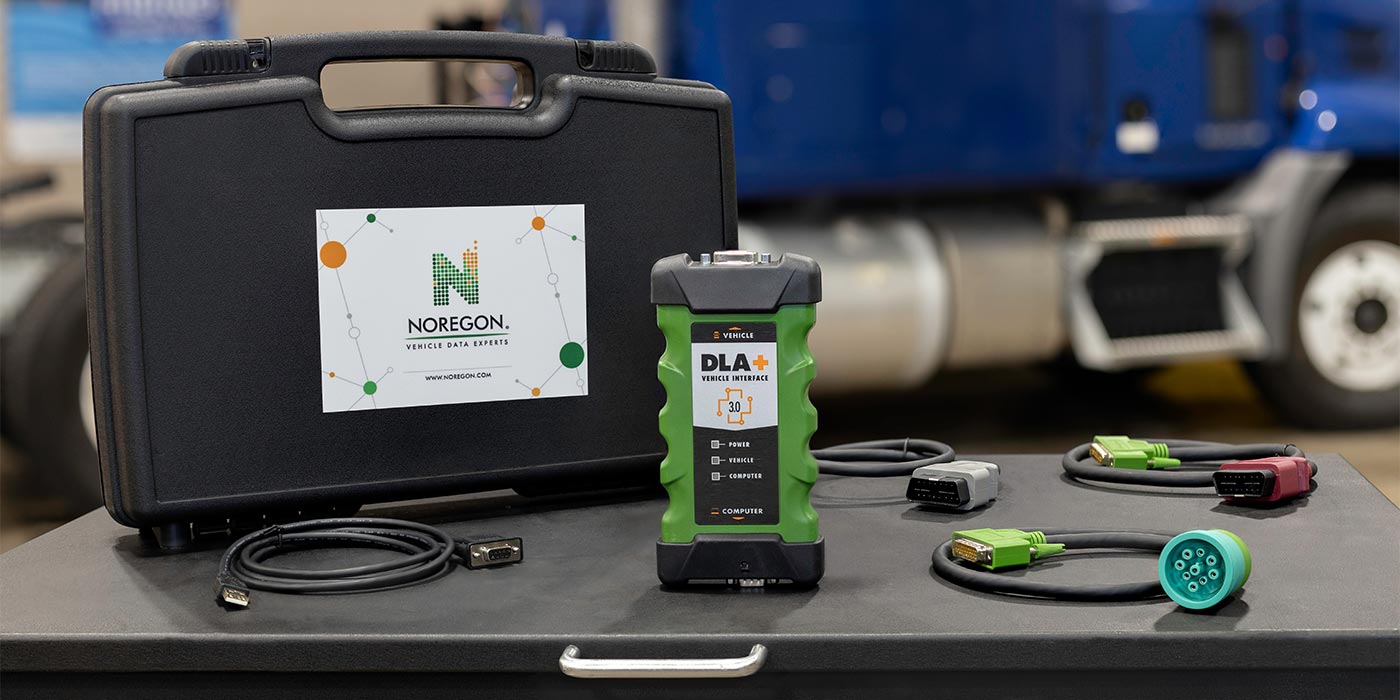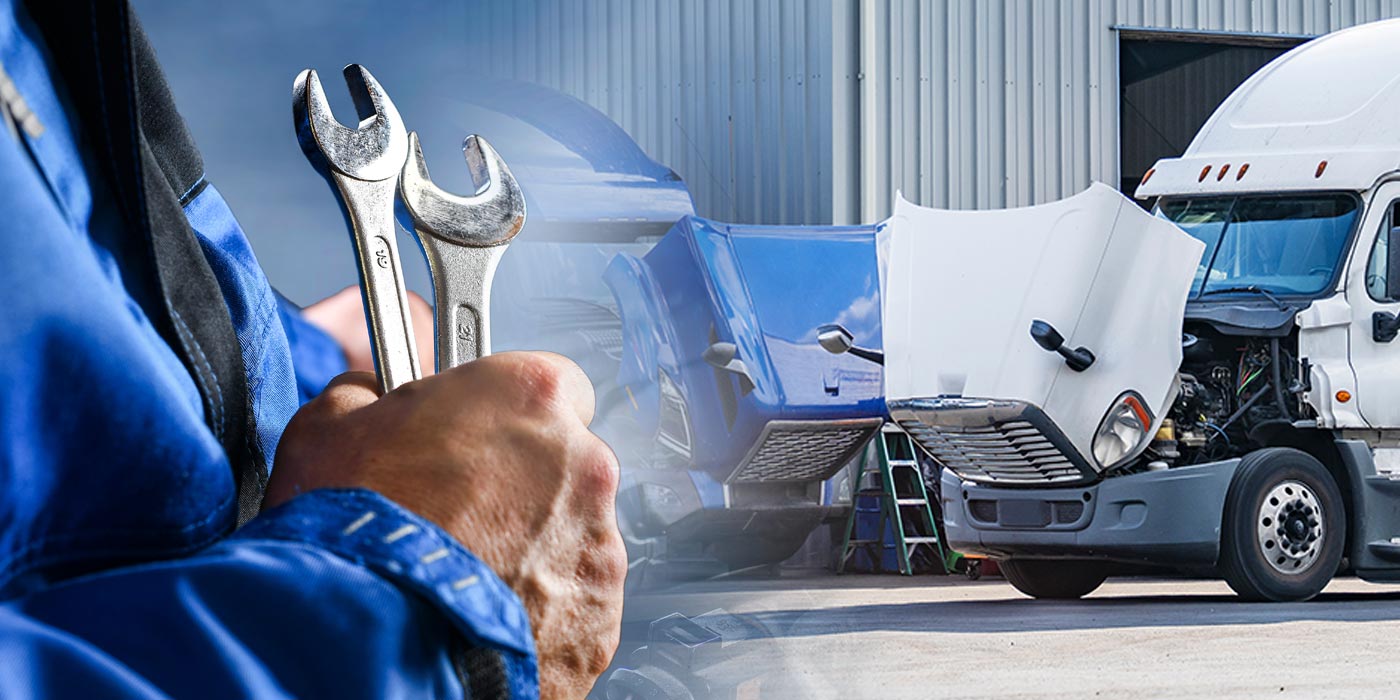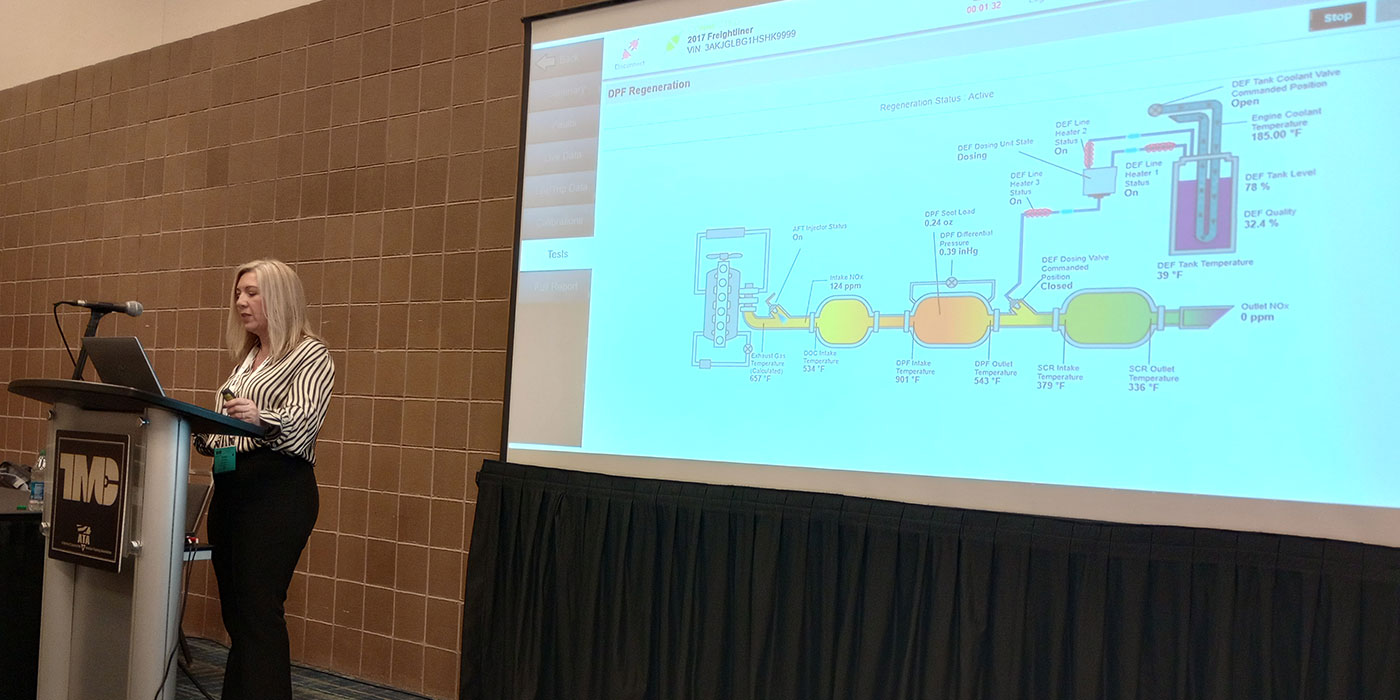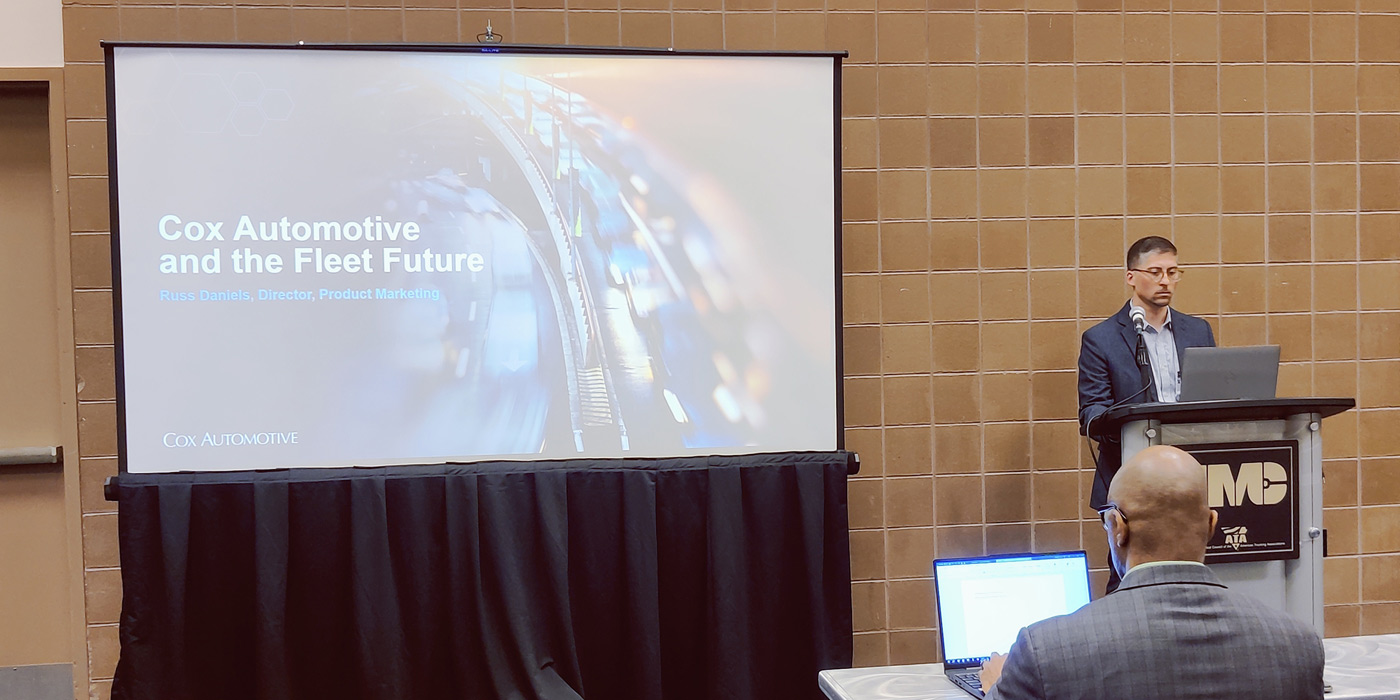A phone call into the shop goes something like this:
Driver: It makes a noise when I let the pedal up.
Technician: What pedal? What kind of noise?
Driver: The clutch. It makes a weird noise when I let the pedal up. Like a growl sound.
Technician: When did it start?
Driver: Not sure, I just noticed it.
This sort of communication will be well known to anyone who has spent any time in a shop. When it comes to describing sounds, customers have many unique approaches. To one the noise is a “growl.” To another, the same sound is a rumbling or a grinding noise. It’s the same sound, but people hear it differently and describe it according to their own interpretation.
Words have meaning—often multiple meanings. If I say “hot dog!” do I mean a frankfurter with a bun? Or am I making an exclamation of excitement? Or am I describing someone showing off? Or something else altogether, like an overheated canine?
So, whatever word is used to describe a sound may or may not convey the sound to the interpreter of the word—most often the technician. Mercifully, the context in which the word is used usually helps us to better understand what that particular word means.
What can you, as the technician, do to grasp all the potential meaning of words used to describe sounds and other particulars about a vehicle? Training the world to conform to your language usage would be wonderful but not likely to happen.
“No sir! It doesn’t make a growl, it rumbles. No wonder I couldn’t find the problem!”
Obviously, saying that to a customer about the sound being described will not help improve the conversation. The customer knows the sound but perhaps not the words to describe it in a way that the technician will understand.
Teaching the world your technical sound language is out. Yet, you still need to know how to interpret the words a customer is using to describe the sound. You might consider taking the Samuel Johnson approach.
Samuel Johnson was an 18th-century scholar and writer who compiled a dictionary that standardized English spelling, defined the words, and provided a sentence for each word in a correct usage context. Don’t worry, you don’t need to sprint to the local office supply store to buy materials to begin establishing a personal dictionary of vehicle sounds.
Instead, take the premise of Johnson’s Dictionary and find the context for the sound. Ask the customer a question that describes a word in a context that most would connect it with. For example, “Does the growl sound like a mad dog, a purring kitten, or a refrigerator crushing ice?” The answer could be an entirely different sound, but is more easily interpreted by having some common ground based on context. Connecting terms to other things or events helps to provide a clearer context and gets you closer to an accurate diagnosis.
So, keep on listening and asking questions—these are critical to great diagnostics.
Additional tips for repair and maintenance of Class 4-8 trucks may be found in the Mitchell 1 ShopConnection Truck blog.

